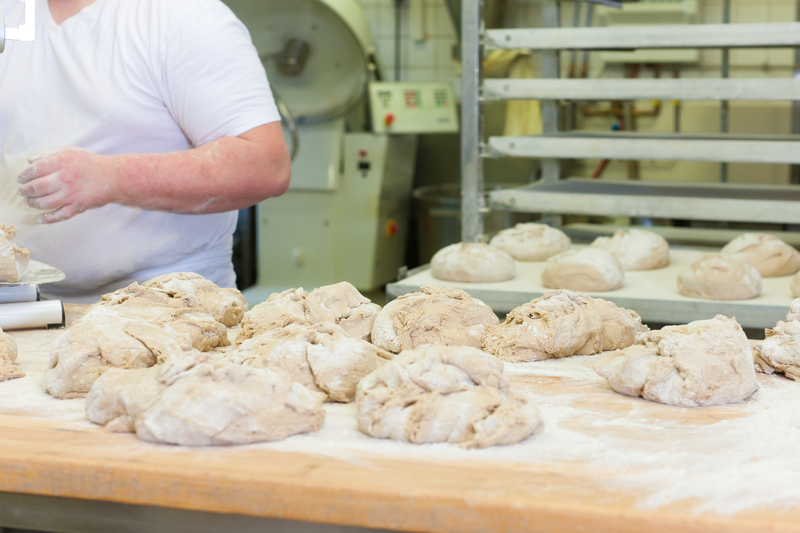 Baking, an ancient art that has transcended generations, continues to captivate individuals with its timeless allure, enticing through the harmonious symphony of aroma, taste, and boundless creativity.
Baking, an ancient art that has transcended generations, continues to captivate individuals with its timeless allure, enticing through the harmonious symphony of aroma, taste, and boundless creativity.
For those contemplating a journey into the realm of baking as a career, it becomes imperative to meticulously assess the multifaceted nature of this profession.
From the sheer delight of crafting mouthwatering delicacies to the intricacies of navigating a demanding schedule, the path of a baker unfolds as a canvas painted with a distinctive fusion of gratifying moments and formidable challenges.
Pros of Being a Baker
- Creativity
Baking allows you to express your creativity through the creation of unique and delicious baked goods.
- Job Satisfaction
Seeing customers enjoy and appreciate your creations can be incredibly satisfying and fulfilling.
- Versatility
Bakers can work in a variety of settings, including bakeries, restaurants, hotels, or even start their own businesses.
- Skill Development
Baking involves a mix of art and science, and mastering various techniques can lead to continuous skill development.
- Positive Work Environment
Bakeries often have a warm and inviting atmosphere, fostering a sense of community and camaraderie among staff.
- Early Mornings
For those who are early birds, the early morning hours in a bakery can provide a work schedule that aligns with their natural rhythms.
- Learning About Ingredients
Bakers often gain extensive knowledge about different types of flours, sweeteners, and other ingredients, enhancing their understanding of food.
- Entrepreneurial Opportunities
Bakers have the option to start their own businesses, such as opening a bakery or providing specialty baked goods.
- Variety of Products
Bakers can experiment with a wide range of products, from bread and pastries to cakes and cookies, keeping the job interesting.
- Job Stability
The demand for baked goods remains relatively consistent, providing a level of job stability compared to some other professions.
- Hands-On Work
Baking is a hands-on job, and many people find satisfaction in physically creating something tangible.
- Culinary Community
Bakers often become part of a broader culinary community, attending events, collaborating with other chefs, and staying connected with food trends.
Cons of Being a Baker

- Physically Demanding
The job can be physically demanding, with long hours spent on your feet and repetitive motions that may lead to strain.
- Early Hours
Bakers often start work very early in the morning to have products ready for customers, which can be challenging for those who prefer later hours.
- High-Stress Periods
During peak times, such as holidays or special events, the workload can become intense, leading to high-stress levels.
- Inconsistent Schedule
The schedule may not always be consistent, with some days being busier than others, impacting work-life balance.
- Temperature and Environment
Baking environments can be hot and humid, which may be uncomfortable for some individuals.
- Entry-Level Wages
Entry-level wages for bakers may not be as high as in some other professions, especially when starting out.
- Repetitive Work
Some aspects of baking involve repetitive tasks, which may become monotonous over time.
- Limited Advancement Opportunities
In some cases, the career path for bakers may have limited upward mobility compared to other culinary professions.
- Health Concerns
Exposure to flour and other allergens may pose health concerns for some individuals.
- Seasonal Demand
Depending on the location and type of bakery, there may be seasonal fluctuations in demand.
- Business Risks
For those who aspire to own a bakery, there are inherent risks and challenges associated with running a business.
- Pressure for Perfection
Bakers may face pressure to consistently produce high-quality products, which can be stressful.


 Embarking on the path of becoming a baker is a nuanced journey, one that intertwines the sweetness of creation with the challenges that characterize the culinary domain.
Embarking on the path of becoming a baker is a nuanced journey, one that intertwines the sweetness of creation with the challenges that characterize the culinary domain.